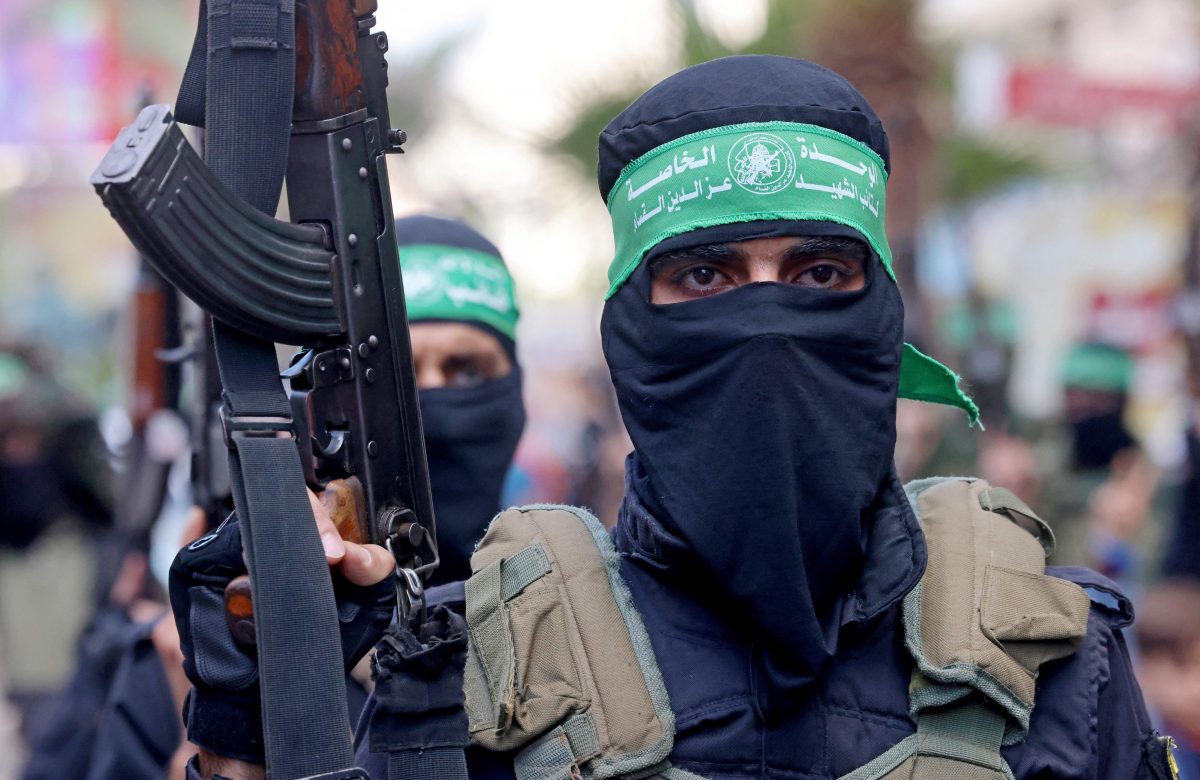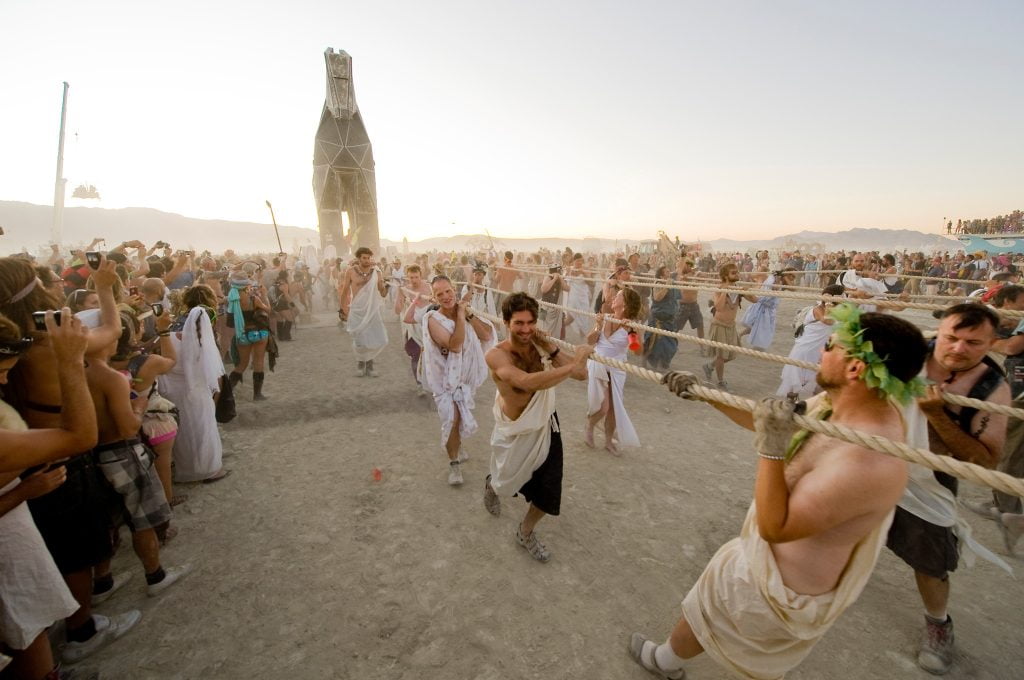Unraveling the perplexing statement by Hamas claiming responsibility for the tragic deaths of festival attendees has sparked widespread curiosity and controversy. The question that looms large is – why does Hamas say it killed festival attendees? Delving into this enigmatic proclamation unveils a complex web of motives, ideologies, and strategic calculations. As we navigate through the layers of this unsettling revelation, it becomes evident that deciphering Hamas’s rationale requires an exploration of political intricacies, historical contexts, and regional dynamics. Join us on a quest to decipher the cryptic reasoning behind Hamas’s startling assertion and discover the implications it holds for the broader geopolitical landscape.
Background of the Festival
Every year, the festival Why Does Hamas Say It Killed Festival Attendees gathers thousands of attendees from around the world to celebrate cultural diversity and artistic expressions. The festival, which started in [year], has grown to be one of the most anticipated events in the region. With performances ranging from music to art installations, the festival aims to promote peace and understanding among different communities.
Origin of the Festival
The Why Does Hamas Say It Killed Festival Attendees traces its roots back to an initiative by local artists and activists who wanted to create a platform for sharing and appreciating diverse cultural traditions. What started as a small community event has now evolved into an internationally recognized festival that attracts artists and visitors from all walks of life.
Cultural Impact
The festival has had a profound impact on the local community, fostering a sense of unity and inclusivity among residents. Art installations displayed during the event often tackle pressing societal issues, sparking important discussions and promoting empathy. The festival’s emphasis on cross-cultural exchange has helped break down barriers and build bridges between different communities.
- Music Performances: The festival features a diverse lineup of musicians, ranging from traditional folk artists to contemporary pop sensations.
- Art Exhibitions: Local and international artists showcase their works, addressing themes of social justice and human rights.
- Workshops and Talks: Visitors can engage in interactive sessions and discussions on various topics, fostering mutual understanding and learning.
![Hamas Say It Killed Festival Attendees Festival 2026 Diverse crowd celebrates cultural festival in [year]](https://cdn.forumcomm.com/dims4/default/668e64c/2147483647/strip/true/crop/5916x3944+546+0/resize/840x560!/quality/90/?url=https%3A%2F%2Fforum-communications-production-web.s3.us-west-2.amazonaws.com%2Fbrightspot%2F16%2F89%2F3c59f9dc45e2bf8fc5718bcb7eb9%2Fdsc08716.JPG)
Hamas’s Statement on the Incident
Amidst the confusion surrounding the tragic incident at the festival, Hamas released a statement shedding light on their perspective. The organization emphasized that the unfortunate event was not premeditated, but a repercussion of a misinterpreted security threat. Despite their efforts to ensure the safety of all attendees, a series of unfortunate events led to the fatal outcome.
Clarification of Actions
Hamas clarified that their primary objective is to protect the Palestinian population from potential threats and ensure the security of the region. The decision to take action at the festival was made in what they believed to be the best interest of those present. The organization expressed deep remorse for any harm caused inadvertently.
Future Safety Measures
Following the incident, Hamas vowed to reassess their security protocols to avoid such unforeseen circumstances in the future. They assured the public that rigorous measures will be implemented to prevent a recurrence of such tragedies.

Speculations and Reactions
As the news of Hamas claiming responsibility for the attack on festival attendees spread, speculation and reactions flooded various media platforms. Many analysts and experts delved into why Hamas says it killed festival attendees, raising significant questions about the motive behind such a tragic incident.
Possible Motives
Experts speculate that Hamas may have aimed to send a message of power and control to its rivals, asserting dominance in the region while striking fear among civilians. Some suggest internal conflicts within Hamas or pressure from external forces could have triggered such a drastic action.
Public Outcry
The public’s reaction to Hamas’s claims has been a mix of shock, outrage, and disbelief. Many are demanding transparency and accountability from the authorities. Social media platforms are abuzz with discussions, with users expressing their concerns and seeking justice for the victims.

Analysis of Hamas’s Motives
Understanding why does Hamas say it killed festival attendees is complex and requires an in-depth look at the organization’s motives. Hamas, a Palestinian militant group, often justifies its actions as a response to perceived injustices and as a means of resistance against Israeli occupation.
Historical Context
Hamas’s roots can be traced back to the First Intifada in the late 1980s, where it emerged as a resistance movement against Israeli policies. Since then, the group has used both violent and political means to achieve its goals.
Strategic Objectives
Hamas aims to challenge the Israeli occupation of Palestinian territories and seeks to establish an independent Palestinian state. The group believes that armed resistance is necessary to achieve these goals, despite international condemnation.
Comparison with Previous Actions
When analyzing why Hamas says it killed festival attendees, it is crucial to compare their current actions with their past behavior. In previous instances, Hamas has resorted to such extreme measures to send a message of power and control. However, the recent incident has sparked debates worldwide due to the innocent victims involved. The organization’s motives shroud in mystery, leaving many questioning their true intentions.
Historical Context
Looking back at history, Hamas has often used violence as a tool to assert dominance within the region. Their past actions have been characterized by brutality and aggression, leading to international condemnation.
Impact on Relations
The recent incident has severely strained Hamas’ relations with other nations. Countries that once showed support are now reevaluating their stance, considering the grave consequences of such killings. This shift in alliances could have long-lasting repercussions in the political landscape.
Media Coverage and Public Perception
Understanding the media coverage and public perception surrounding why Hamas says it killed festival attendees is crucial in unraveling the mystery behind the tragic event.
Media Coverage Impact
The media plays a significant role in shaping public opinion on the motives behind such incidents. Headlines, news reports, and social media posts influence how people perceive Hamas’ actions.
Analysis of Public Perception
Public perception is often swayed by the information presented in the media. It’s essential to analyze the narratives constructed by different news outlets and how they impact people’s views.
- Statements from Hamas leaders
- Eye-witness testimonies
- Expert opinions
Frequently Asked Questions
- What is the significance of Hamas claiming responsibility for killing festival attendees?
- Hamas claims to have killed festival attendees as a form of retaliation or to send a message to its perceived enemies. This action is often a part of their political strategy or to instill fear among their rivals.
- Is there a specific reason why Hamas targets festival attendees?
- Hamas may target festival attendees to create a sense of insecurity in public spaces, to disrupt normal activities, or to gain media attention for their cause.
- How do the actions of Hamas impact the local community?
- Hamas claiming responsibility for killing festival attendees can have a devastating impact on the local community, leading to fear, distrust among people, and potentially affecting the attendance at future events.
- What are the implications of Hamas’ admission of killing festival attendees?
- Hamas’ admission of such acts can lead to international condemnation, worsened relations with other countries, and may further polarize opinions about the group and its motives.
Unveiling the Mystery: Why Does Hamas Say It Killed Festival Attendees?
In summary, the proclamation by Hamas claiming responsibility for the tragic incident where festival attendees were killed may stem from their political motivations and desire to instill fear. By associating the attack with a political message, Hamas attempts to assert dominance and control over the narrative. However, this action only perpetuates violence and hinders peace efforts in the region. Understanding the complexities of such statements is crucial in order to address the root causes of conflict. It highlights the importance of promoting dialogue, empathy, and peace-building initiatives to prevent further loss of innocent lives.




